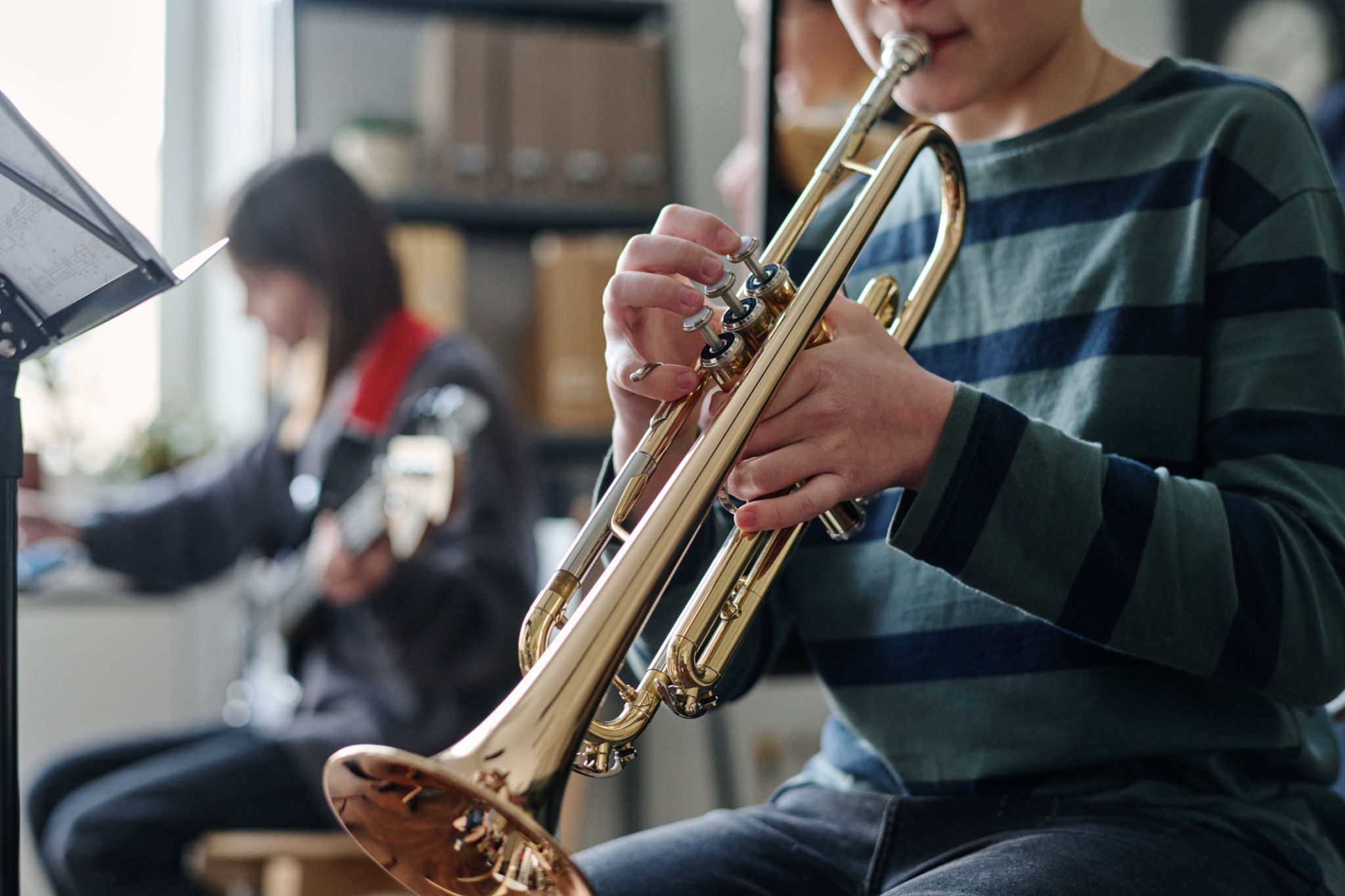How to Choose the Right Musical Instrument for Beginners
AW
Understanding Your Motivation
Choosing the right musical instrument can be an exciting yet daunting task for beginners. The first step is to understand your motivation for learning an instrument. Are you interested in joining a band, or do you want to play solo? Do you prefer classical music, or are you more inclined towards rock or jazz? Answering these questions can narrow down the list of suitable instruments and make the decision process smoother.
Consider what kind of music inspires you and what instruments are typically associated with it. For instance, if you're fascinated by classical music, the violin or piano might be appealing. On the other hand, if rock music is your passion, you might be drawn to the electric guitar or drums.

Assessing Your Physical Abilities
Your physical attributes can also influence your choice of instrument. Some instruments require more physical strength or dexterity than others. For instance, playing the drums demands a good sense of rhythm and coordination, while the flute requires strong lung capacity. It's important to choose an instrument that suits your physical capabilities to avoid frustration and potential injury.
Additionally, consider the size and portability of the instrument. If you plan on traveling with your instrument, something compact like a ukulele might be more convenient than a cello.

Setting a Budget
Budget is a crucial factor in choosing a musical instrument. Instruments vary widely in price, and it's essential to set a budget before making a purchase. Keep in mind that more expensive doesn't always mean better, especially for beginners. There are plenty of affordable options that offer excellent quality for those starting out.
Besides the instrument itself, factor in additional costs such as maintenance, accessories, and lessons. Investing in a good-quality beginner instrument and taking proper care of it can save money in the long run.
Exploring Different Instruments
Before making a decision, explore different instruments by attending live performances or visiting music stores to try them out. Hearing an instrument played live can provide a better sense of its sound and help you determine if it's the right fit for you. Many music stores offer trial sessions where you can experiment with various instruments under the guidance of professionals.

Don't be afraid to ask for advice from experienced musicians or instructors. They can offer valuable insights and recommendations based on their knowledge and experience.
Considering Lessons and Resources
Access to lessons and learning resources is another important consideration. Some instruments have more learning materials and instructors readily available than others. Research whether there are good teachers near you or online tutorials that can aid in your learning process.
Joining a community of learners can also be beneficial. Engaging with other beginners can provide support and motivation as you progress in your musical journey.

Final Decision and Commitment
Once you've considered all these factors, it's time to make your final decision. Remember that choosing an instrument is a personal choice, and there is no right or wrong answer. Trust your instincts and choose an instrument that resonates with you.
Finally, commit to practicing regularly and enjoy the learning process. Learning an instrument takes time, patience, and dedication, but it is also incredibly rewarding. With the right instrument in hand, you're on your way to creating beautiful music.
